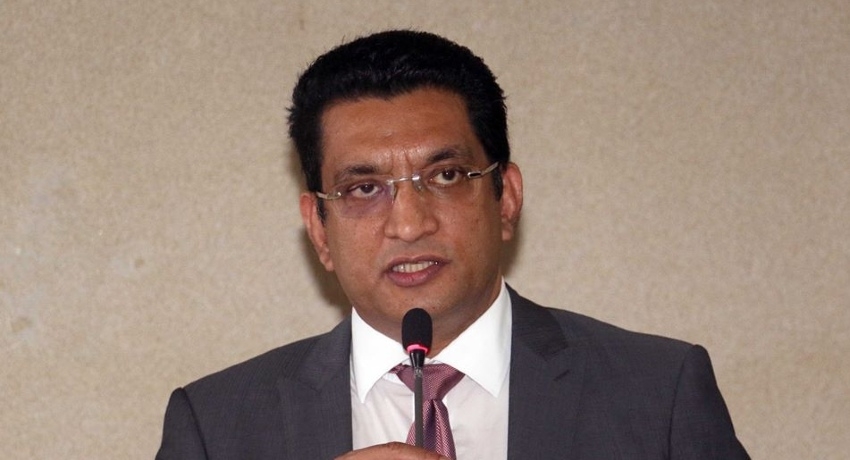Sri Lankan Foreign Minister Ali Sabry reportedly said that Sri Lanka will not accept any international investigation into war crimes perpetrated by Sri Lanka and its officials ahead of the United Nations Human Rights Council (UNHRC) 51st session which starts next week.
“Any external mechanism, external evidence gathering mechanism, charging citizens outside the country, getting hybrid judges to come and hear the cases, all these are against the Constitution. So we can’t agree to that,” Foreign Minister Ali Sabry said.
The minister said that while Sri Lanka is willing to engage with the UNHRC, any mechanism must be compatible with Sri Lanka's constitution.
Despite co-sponsoring a UN resolution in 2015, Sri Lanka has repeatedly backtracked on its commitments. Tamil victim-survivors, activists and politicians have called on the UN and its member states to refer Sri Lanka to the International Criminal Court (ICC) as accountability has been stalled at the UNHRC for years.
Successive Sri Lankan governments have pledged to investigate war crimes through domestic mechanisms but no Sri Lankan perpetrator of war crimes has been held accountable.
In her latest report, UN High Commissioner for Human Rights Michelle Bachelet highlights that Sri Lanka has "consistently failed to pursue an effective transitional justice process to hold perpetrators of gross human rights violations and abuses accountable and uphold victims’ rights to truth, justice and reparations."
The report also adds that “impunity remains a central obstacle to the rule of law, reconciliation and Sri Lanka’s sustainable peace and development, and remains the core risk factor for recurrence of further violations."


